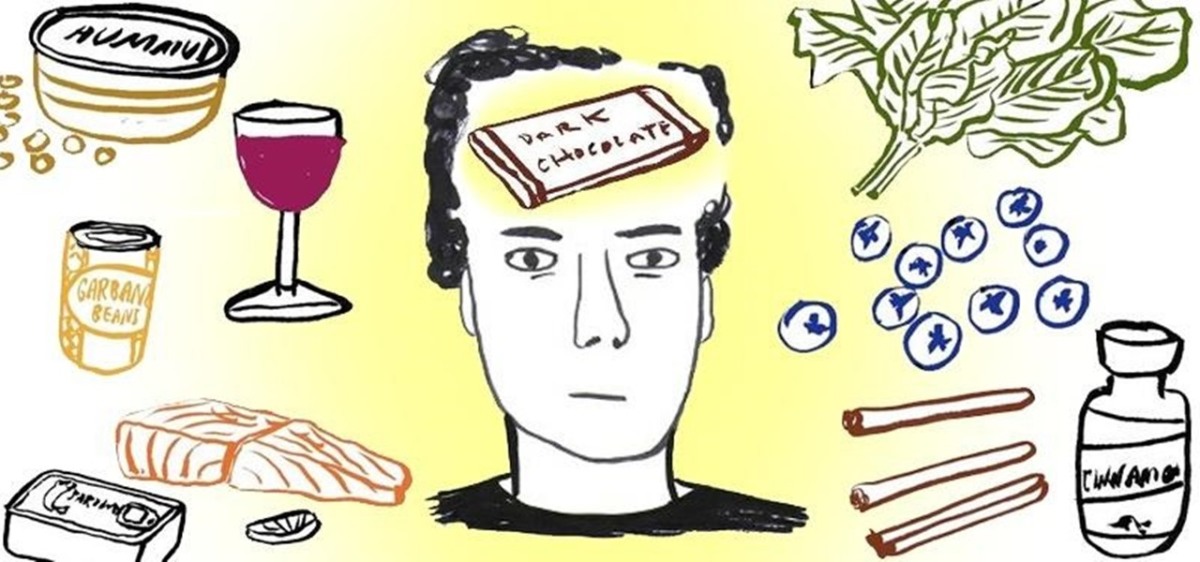..STUCK IN ROUTINE!
|IDENTIFYING WHY WE FORM HABITUAL BEHAVIOR|
“Neurons Responsible for Orchestrating Habitual Behavior Identified”
Ever wonder why you always go for chocolate at 1 a.m.? Or why you just can’t simply enjoy Scandal without your glass of wine? Ever gotten into a car with a friend and got instantly annoyed when they took a different route to a place you travel to everyday? That my friend is what we call, “Habit Stricken”. Stuck in the routine of things. But why do our brains develop this habit? What sparks within us? Recently, I have become exceedingly interested in the topic of neuroscience and brain functionality. I find it vital for us to understand and learn how the brain operates, whether it is through simple or complex actions, and discover how and why those actions are performed. If we study what is normal within our brains it becomes easier for us to recognize what may be broken within them.
This week I came across a very interesting article on neurosciencenews.com [Click for Source]. This article discussed a new study done by Duke University Neuroscientists. The goal of the study was to identify the key neuron in our brain responsible for delegating habit within us. The tests were performed on mice with a developed sugar habit. Researchers trained healthy mice to retrieve a healthy treat every time they passed a lever. The team then studied the brain activity of these mice every time they secured a treat.
They discovered that habit formation boosts the activity of an influential cell in the striatum, a region in our brain, and that shutting it down with a drug was enough to break the habits in sugar-seeking mice. The actual parts of the brain that drove habitual behavior were found not responsible for the development of the habit, but rather a more controlling cell in the brain that would signals to those areas. The mice that developed a habit lit up an area deep in their brain called the striatum. The striatum contained two sets of neural pathways: a “go” and “stop” pathway. The “go” pathway, was responsible for inciting an action and the “stop” pathway inhibited an action.
The cell was described as relatively rare, but a cell that was heavily connected to the main neurons that relayed outgoing messages. This cell was called the fast-spiking interneuron (FSI). Researchers noticed that when the mice pressed the lever for a treat, it made the FSI’s in the striatum area of the brain more excitable. This area began to work harder. So, they gave the mice a drug that decreased the firing of FSIs in the brain and found that the “stop” and “go” pathways reverted to their “pre-habit” brain activity patterns. The habit behavior disappeared.
This then rose questions regarding people who deal with addictions and compulsion disorders. Why do they have these disorders? Perhaps there was corruption within certain neurons in their brain that caused the addiction. Maybe by targeting certain areas of the brain, we can find new ways to decrease the effects of these disorders and possibly develop a temporary, if not permanent cure to control these disorders. I think that studies like this are what helps us delve deeper into our understanding of normal brain processes. This type of research allows us to understand why certain habitual actions take place and how some bad habits may have developed and lived on. For example, driving the same route every day, showering every night before bed or always helping yourself to the two jelly filled donuts you see when walking past the snack station at work. The more we know about what are normal processes within our brain, the easier it will be to find what is broken within them.




I really like this article very interesting and informative. I love learning new things.
LikeLike
I always wondered why certain functions occur and how our brains process all of it. Very good article. Nice and easily understood. Sometimes I get lost with these things… haha.
LikeLike